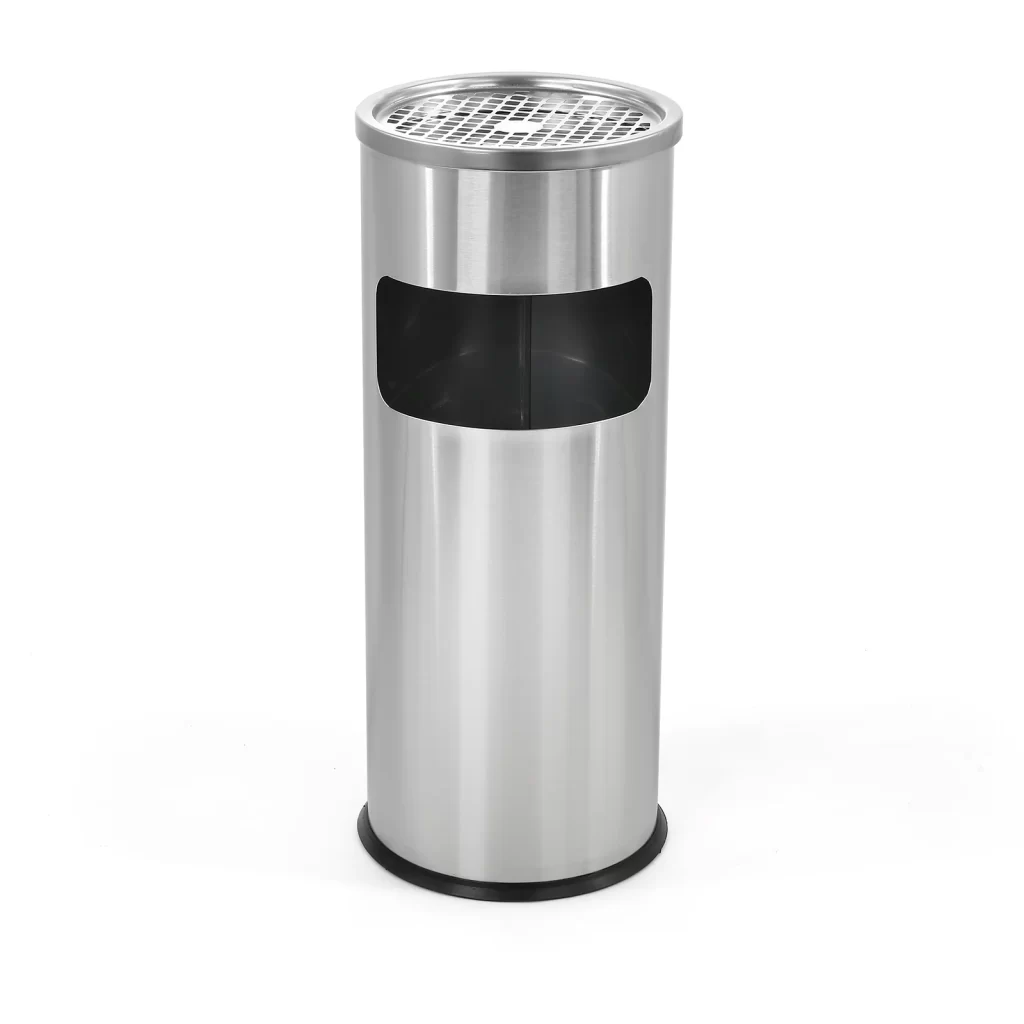In the world of modern business, commercial trash cans have evolved far beyond their utilitarian origins. Once relegated to back rooms and hidden corners, today’s trash cans are an integral part of a business’s aesthetic and functionality. The evolution of these essential fixtures reflects broader trends in sustainability, design, and customer experience. Durability stands at the forefront of modern trash can design. Businesses demand products that can withstand the rigors of daily use while maintaining their appearance. Manufacturers have responded with materials like heavy-duty plastics, stainless steel, and even eco-friendly composites that resist dents, scratches, and corrosion. These materials not only enhance longevity but also reduce maintenance costs, making them a practical choice for businesses aiming to optimize operational efficiency. Alongside durability, aesthetics play a crucial role in the evolution of commercial trash cans. No longer relegated to bland, industrial designs, today’s trash cans come in a variety of shapes, colors, and finishes to complement diverse business environments. Sleek, minimalist designs blend seamlessly into modern office spaces, while textured finishes and bold colors add a touch of personality to retail settings.

Some manufacturers even offer customizable options, allowing businesses to incorporate branding elements or match specific decor themes. Moreover, functionality has become a hallmark of contemporary trash can design. Features such as hands-free operation, ergonomic handles for easy maneuverability, and compartmentalization for recycling and waste segregation cater to the diverse needs of businesses. Smart technologies have also made their way into trash can design, with sensors that optimize waste management by signaling when bins are full or integrating with facility management systems for streamlined operations. The evolution of commercial trash cans is also deeply intertwined with sustainability efforts. Businesses are increasingly prioritizing eco-friendly practices, and trash cans have become a focal point for waste reduction and recycling initiatives. Many commercial trash cans are designed to accommodate separate bins for recyclables, organic waste, and general trash, encouraging proper disposal and reducing landfill contributions. Materials used in construction are often recyclable or made from recycled content, aligning with corporate sustainability goals and customer expectations for environmentally responsible practices.
Furthermore, the placement and accessibility of trash cans within a business space contribute significantly to customer and employee experience. Strategically located bins, whether discreetly positioned near dining areas or readily available in high-traffic zones, enhance convenience and cleanliness. Thoughtful design considerations, such as odor control mechanisms and easy-to-clean surfaces, further elevate user satisfaction and contribute to a positive perception of the business environment. In conclusion, the evolution of commercial trash cans reflects broader trends towards durability, design innovation, functionality, and sustainability in modern businesses. As essential components of waste management strategies, these fixtures not only fulfill practical needs but also contribute to the overall aesthetic and operational efficiency of business spaces. By embracing durable materials, appealing designs, and eco-friendly features, businesses can enhance their environmental stewardship while meeting the expectations of today’s discerning customers and employees.
